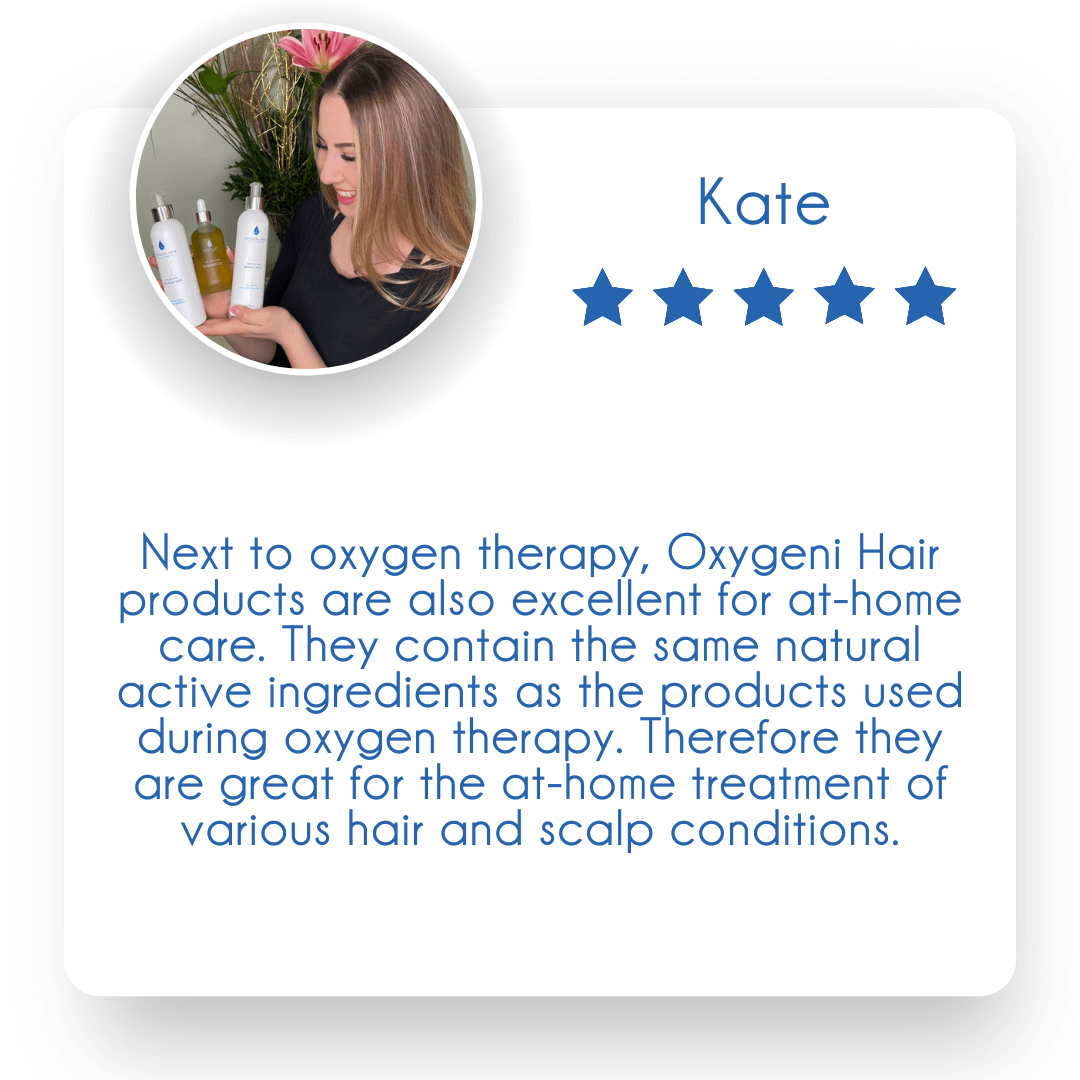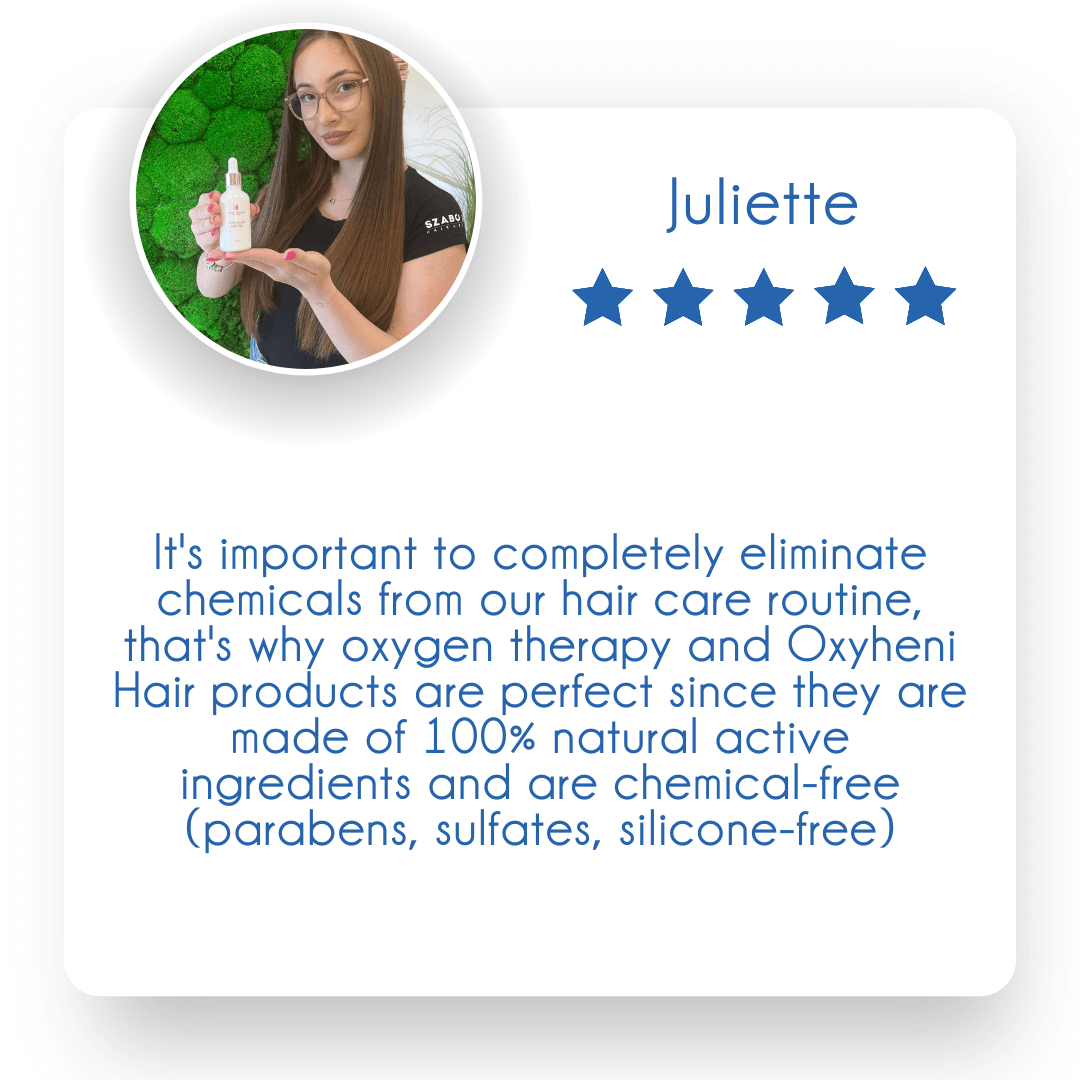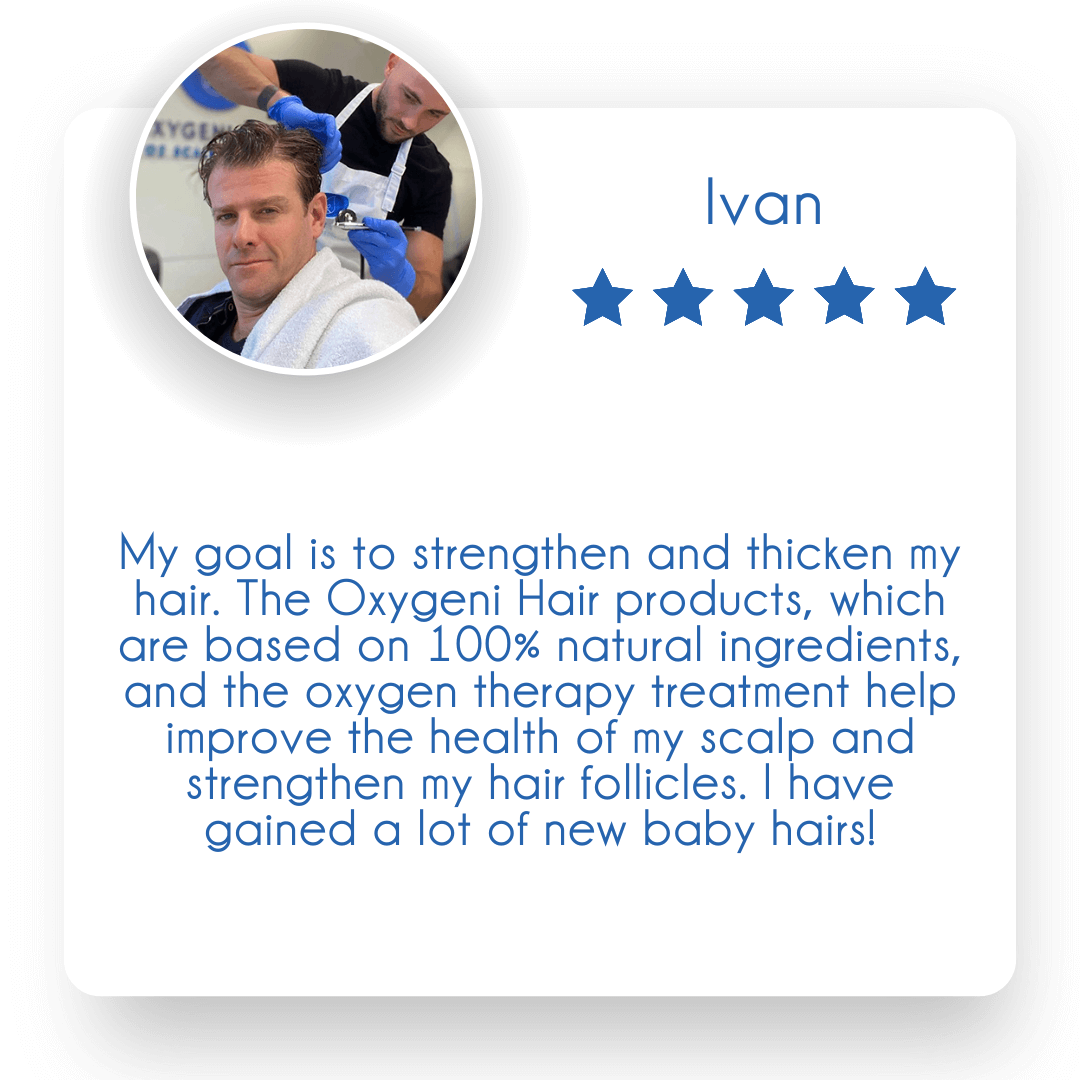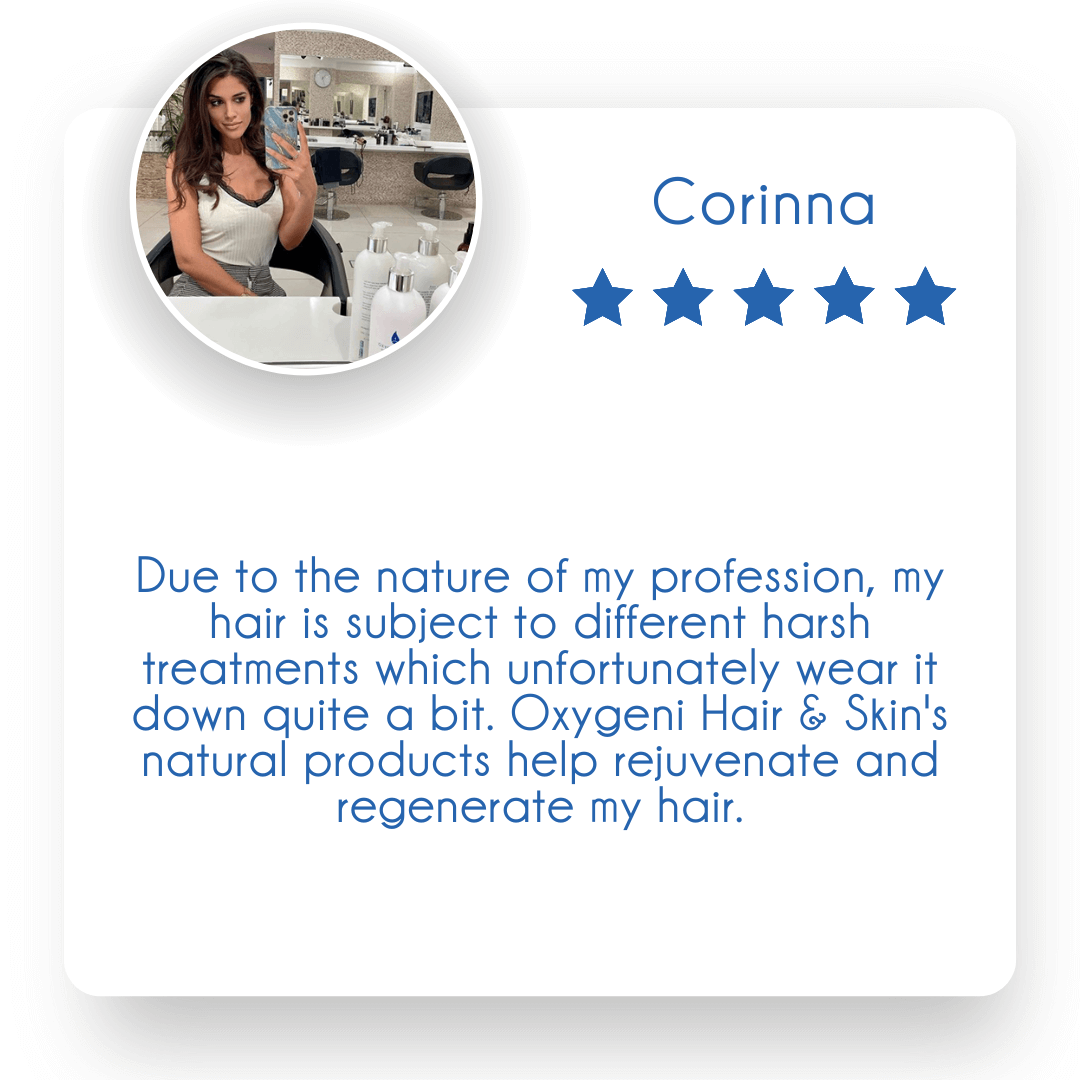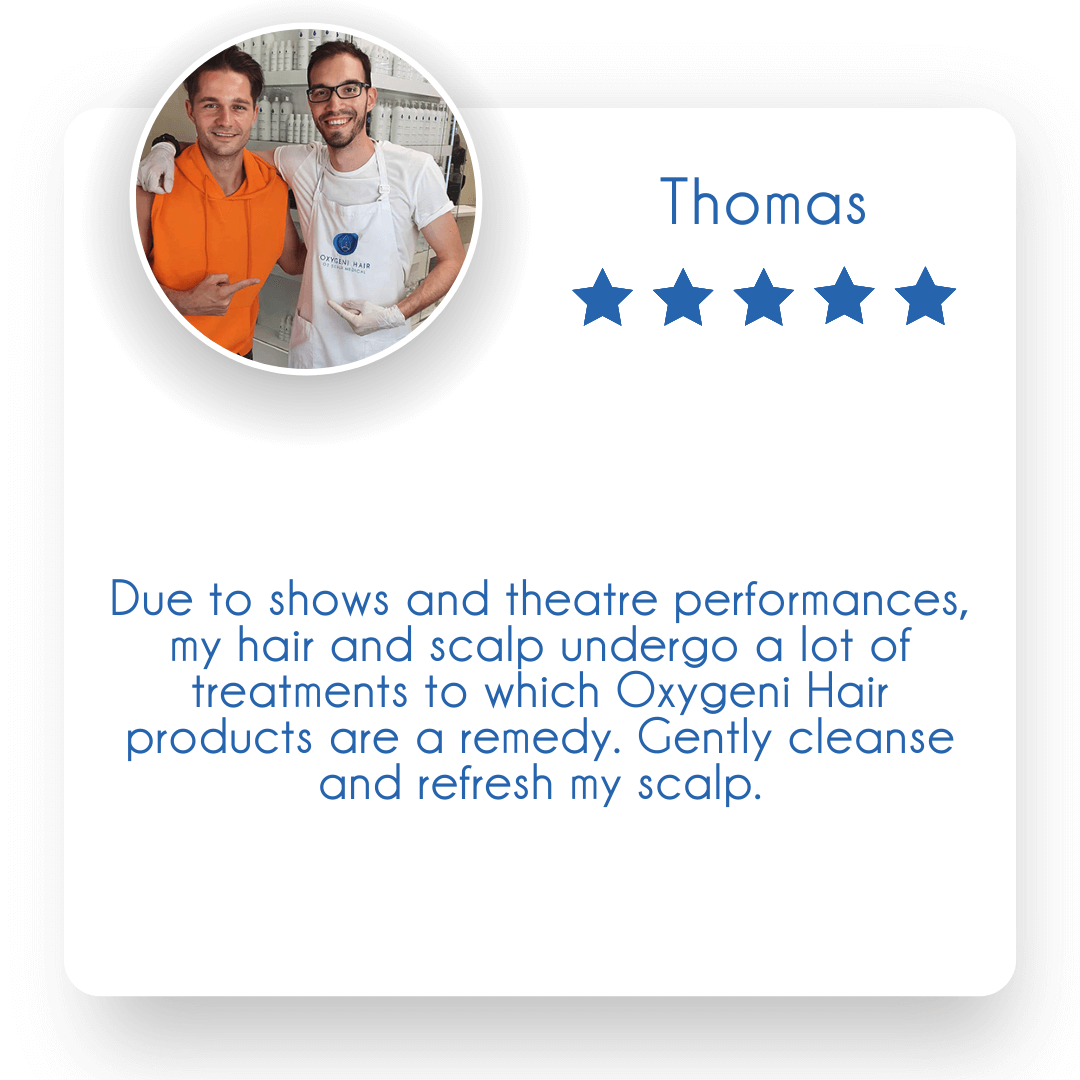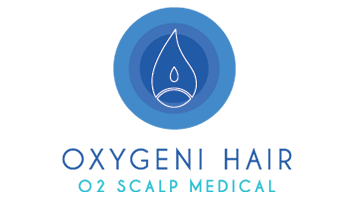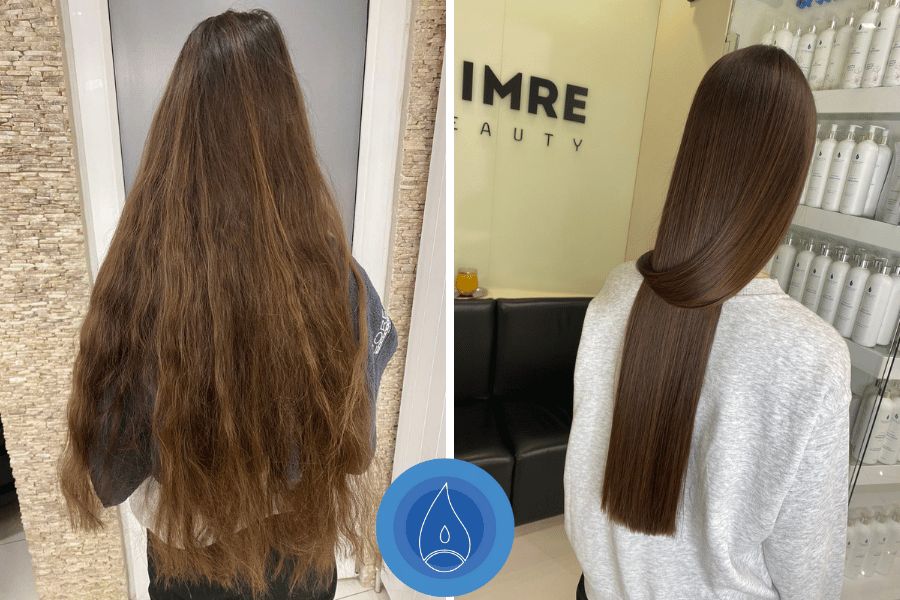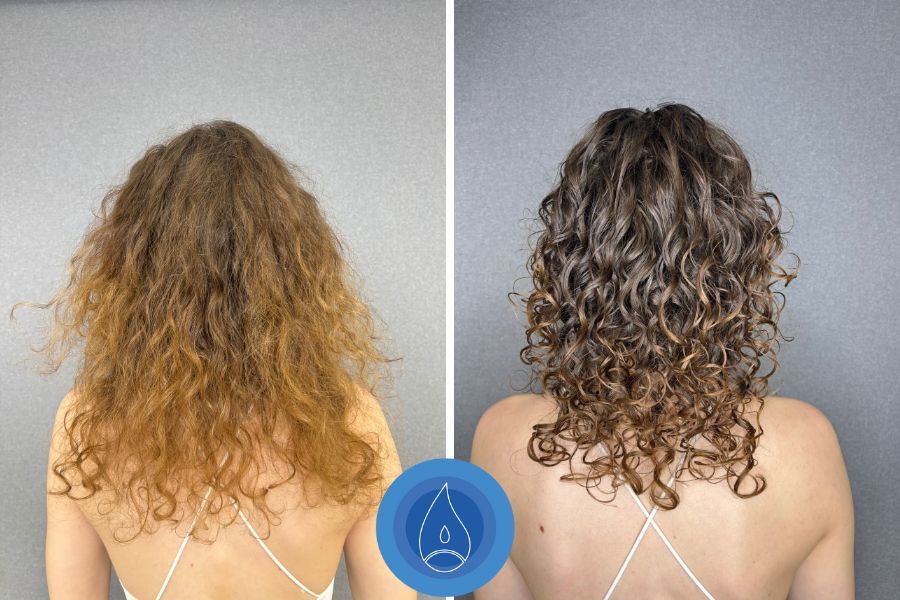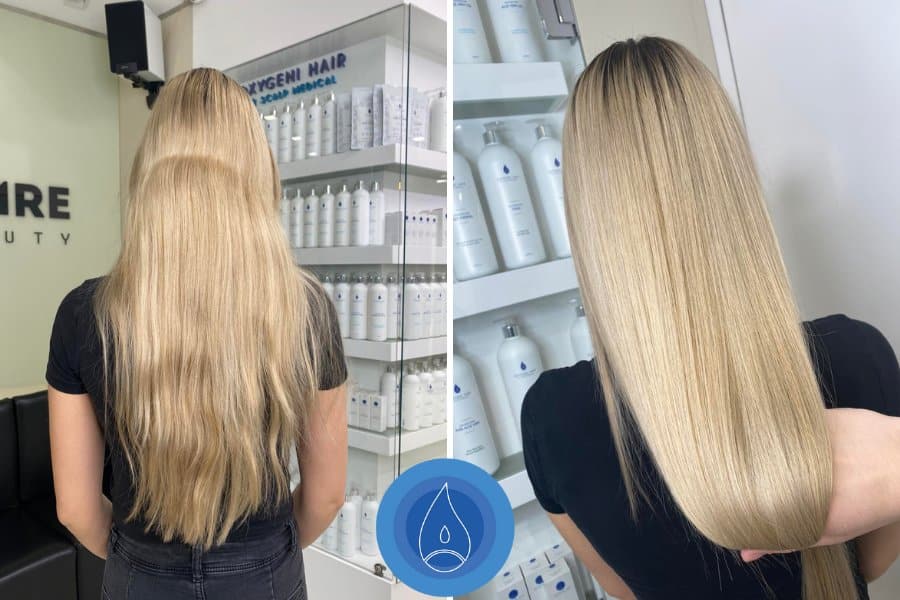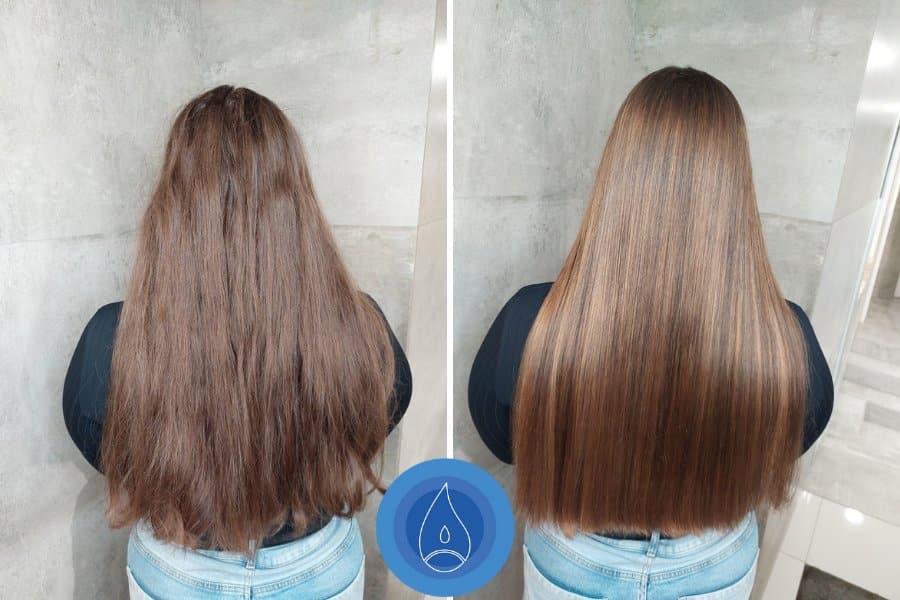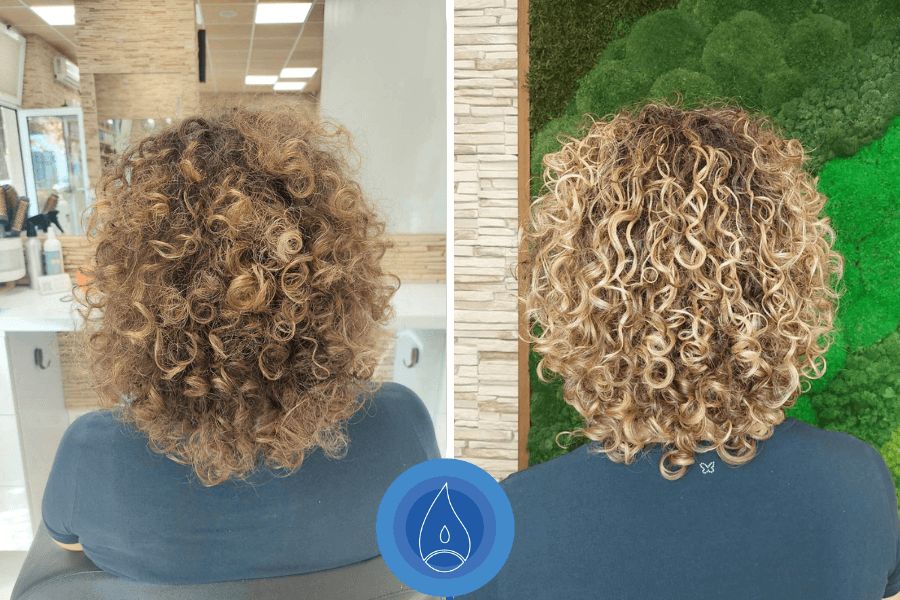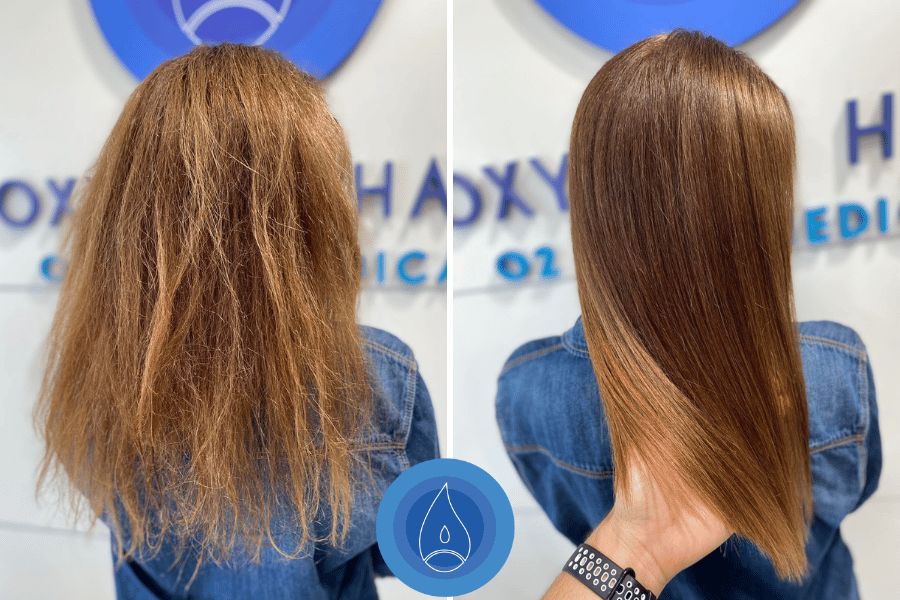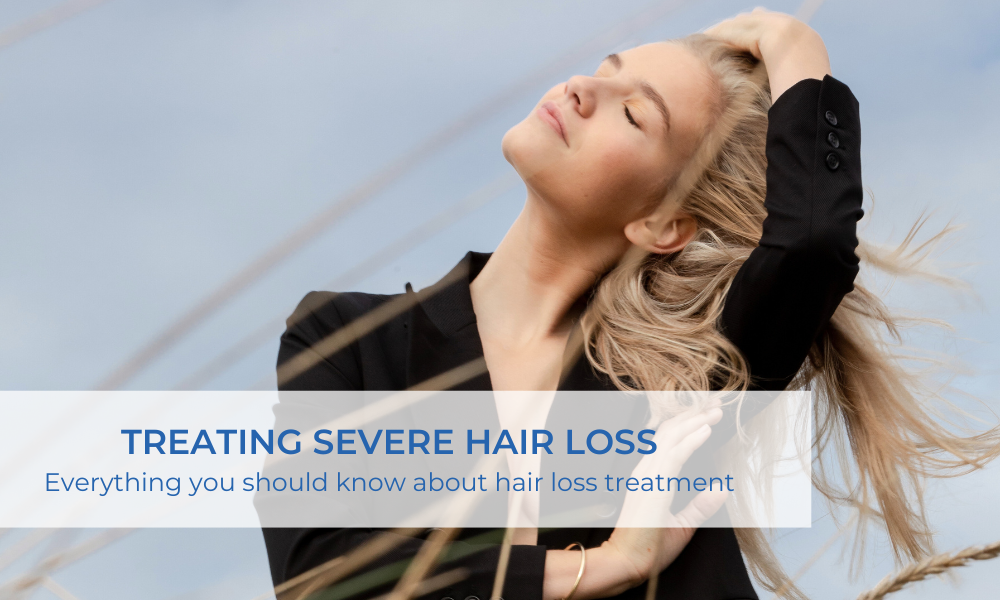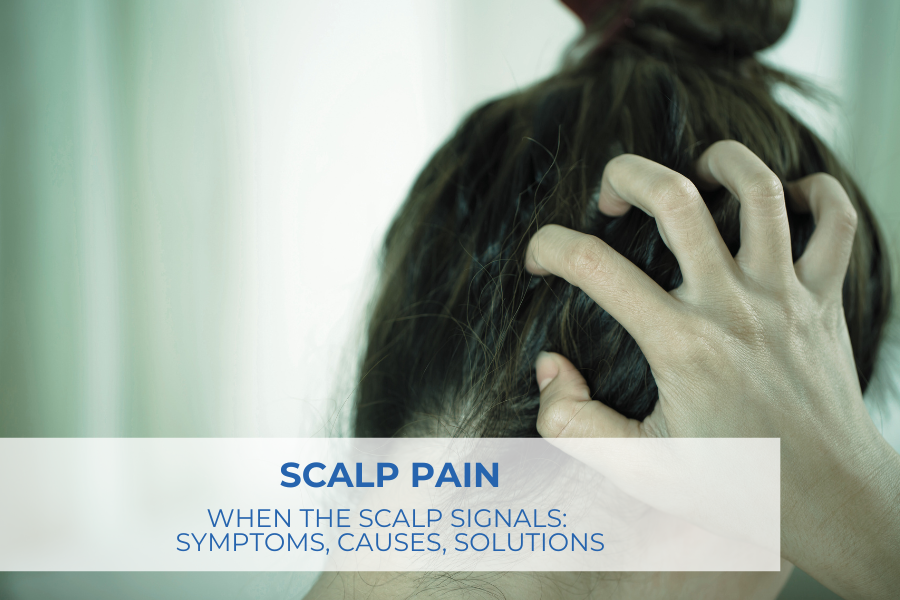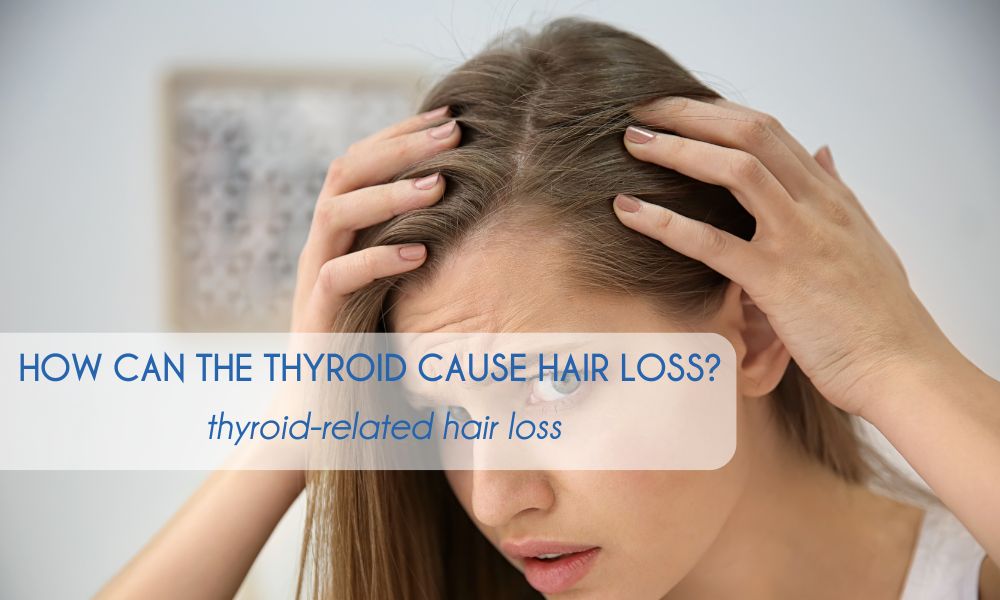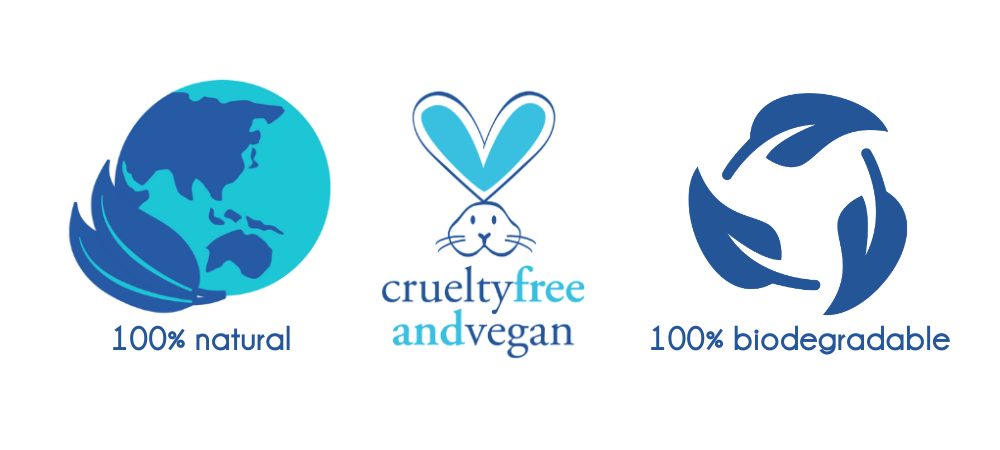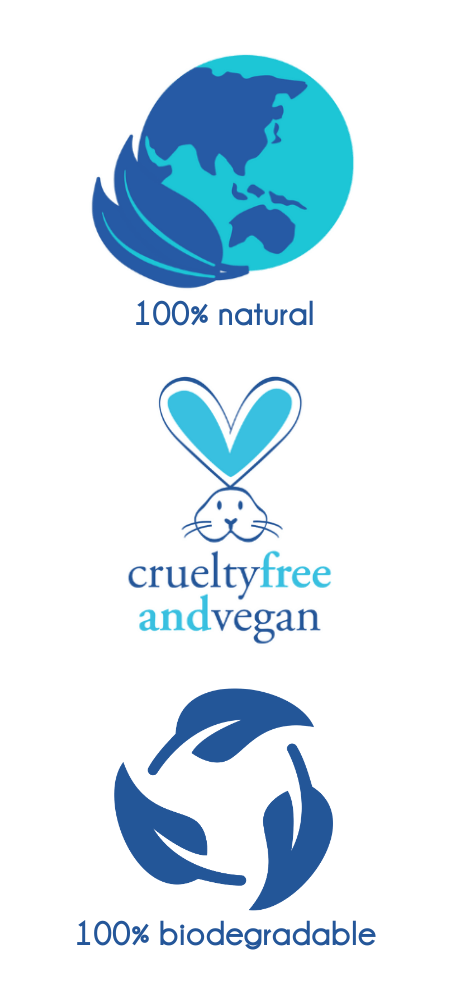Dry hair care
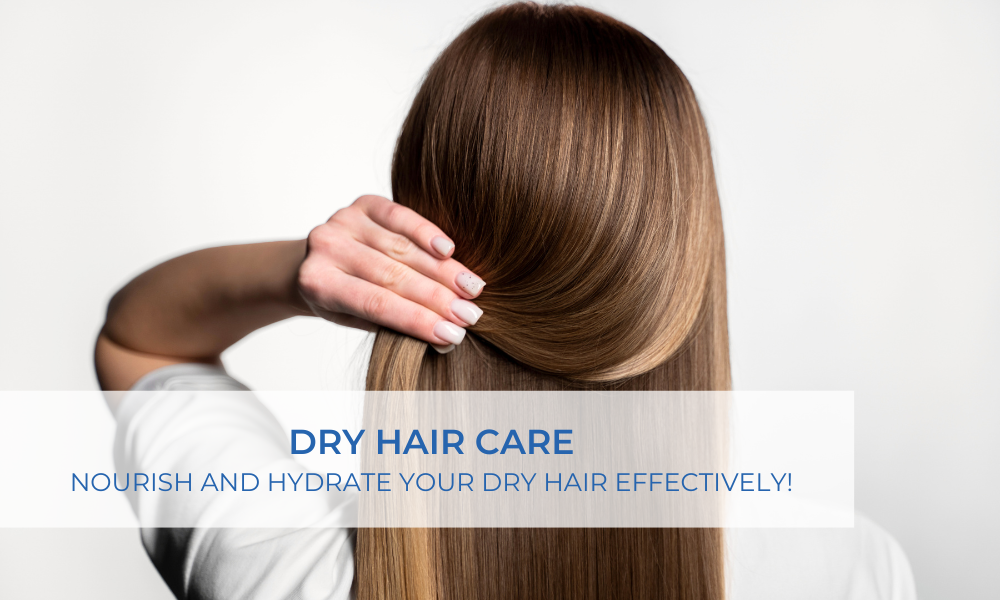
Dry Hair Care - How to Nourish and Hydrate Dry Hair Effectively?
Hair has always been an essential tool for individual style, self-confidence, and self-expression. However, when the condition of our hair is not optimal, it can impact not only our external appearance but also our inner world. Dry hair, in particular, is a common issue that goes beyond split ends or brittle hair strands. It can affect how we feel in our skin.
Rough-textured, dull hair not only presents aesthetic challenges but can also easily undermine our self-confidence. Many people may feel that their hair makes them appear less polished or confident than they would like. This frustration often leads to excessive time and money spent on attempts that don’t quite solve the problem, while the real solution is often much closer than we think.
Dry hair is not a permanent condition but a challenge that can be easily addressed with mindful attention and the right hair care methods. The first step towards success is understanding what lies behind the problem, as this is the key to finding the solution. Remember, healthy hair is not a luxury; it is accessible to everyone if we know how to care for it properly.
WHY DOES HAIR BECOME DRY?
External Factors
Weather conditions have a significant impact on hair hydration. In winter, cold winds and heated indoor air can cause hair to dry out. In summer, UV rays damage the outer layer of the hair, stripping it of its protection and making it brittle. Dry air in both seasons intensifies dehydration, which can be especially problematic if proper hair protection is neglected.
Heat damage
Frequent use of hair dryers, straighteners, and curling irons dries out the hair strands and weakens their structure. High temperatures cause the hair’s moisture to evaporate, leading to lifeless, brittle strands. Neglecting heat protectants only worsens the situation, leaving the hair vulnerable to heat damage.
Chemical treatments
Hair coloring, bleaching, and other chemical treatments can also damage the hair’s condition. These processes strip the hair of its natural oils and pigments, leading to dryness and brittleness. Bleaching is especially harmful as it completely opens the hair’s outer layer, making the strands more vulnerable to external damage.
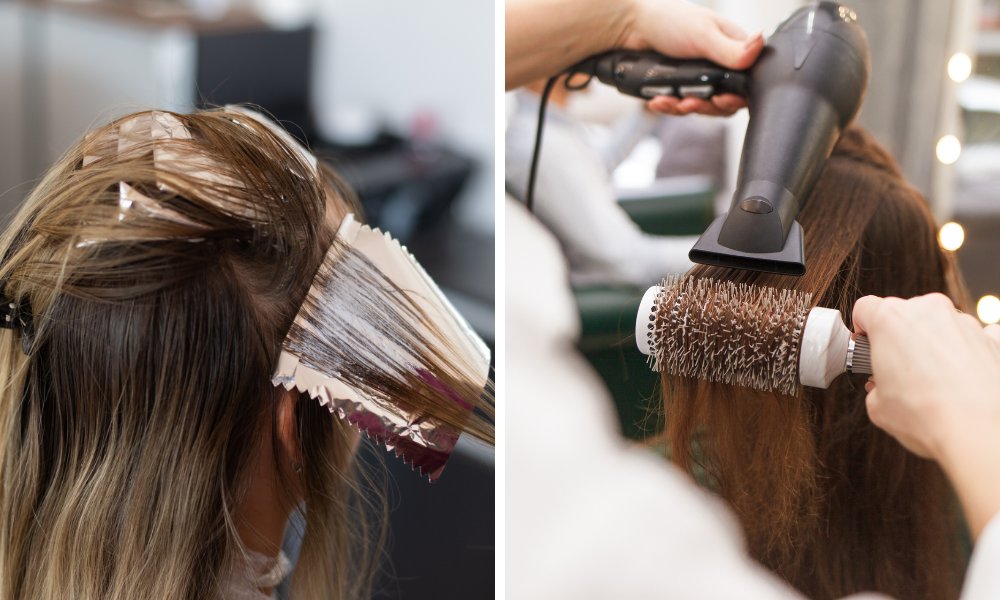
Internal factors
Inadequate hydration directly affects the condition of your hair. If you don’t drink enough water, your hair quickly loses its elasticity and softness, as the body prioritizes moisture for vital organs first.
A deficiency in vitamin A reduces sebum production on the scalp, which is responsible for naturally moisturizing the hair. Vitamin E and biotin support hair strength and flexibility, while omega-3 fatty acids nourish the strands from within, ensuring a healthy appearance.
Hormonal changes, such as pregnancy, menopause, or thyroid issues, can impact hair follicle function. These changes may reduce the scalp’s natural oil production, which is one of the main causes of dry hair.
Poor Hair Care Habits
Daily washing removes the natural oils from the scalp that would normally protect and hydrate the hair. This becomes especially problematic if not compensated for with the right moisturizing products.
Shampoos containing aggressive ingredients, such as sulfates, also dry out the hair. If the products you’re using aren’t suited to your hair type, the condition of your hair may worsen even further.
The combination of external and internal factors, along with daily bad habits, contributes to hair dryness. To keep your hair healthy and hydrated, it’s essential to be mindful of these influences and make conscious choices in hair care.
SIGN OF DRY HAIR: HOW CAN WE RECOGNIZE THE PROBLEM?
Dry hair not only affects appearance but also comes with several unpleasant symptoms that can significantly impact daily hair care. These signs indicate that it’s time to pay special attention to hydrating and nourishing your hair. Let’s take a closer look at the most common symptoms of dry hair and how to recognize them.
Dull, brittle appearance
One of the most noticeable signs is when the hair loses its natural shine and appears dull and brittle. Healthy hair strands have a smooth surface that reflects light, giving the hair a shiny and well-kept appearance. However, when the hair becomes dry, the outer layer of the hair, the cuticle, becomes rough and uneven. This prevents light from being reflected, making the hair look matte and lifeless.
The lack of shine is especially noticeable in darker hair colors, where the absence of gloss stands out even more. Moisturizing treatments and establishing an appropriate hair care routine can help restore the hair’s natural radiance, which is particularly important for dry hair.
Hair breakage and split ends
One of the most common problems with dry hair is hair breakage and the appearance of split ends. Dehydrated hair loses its elasticity and strength, making it more prone to breaking when combing, styling, or simply during daily activities.
Split ends not only present an aesthetic issue but can also further damage the hair structure over time, as the damaged hair strands often “split upward,” weakening the hair along its entire length. Regular haircuts are especially important for dry hair, as they help remove damaged ends and prevent the problem from worsening. Additionally, to protect the ends, it’s beneficial to use heat protection sprays and nourishing hair oils.
Rough texture and difficult detangling
Healthy hair has a soft and smooth texture, which is provided by the hydrated and intact outer layer of the hair strands. In contrast, dry hair becomes rough and coarse to the touch, making it especially difficult to comb through. Due to the dehydration of the hair strands, the surface of the cuticle becomes uneven, causing the hair to appear frizzy and unmanageable.
The consequence of rough texture is that the hair often gets tangled, which further increases hair damage, as the strands are more prone to breaking during combing. Hydrating products designed for dry hair, such as leave-in sprays or nourishing conditioners, can help alleviate this issue.
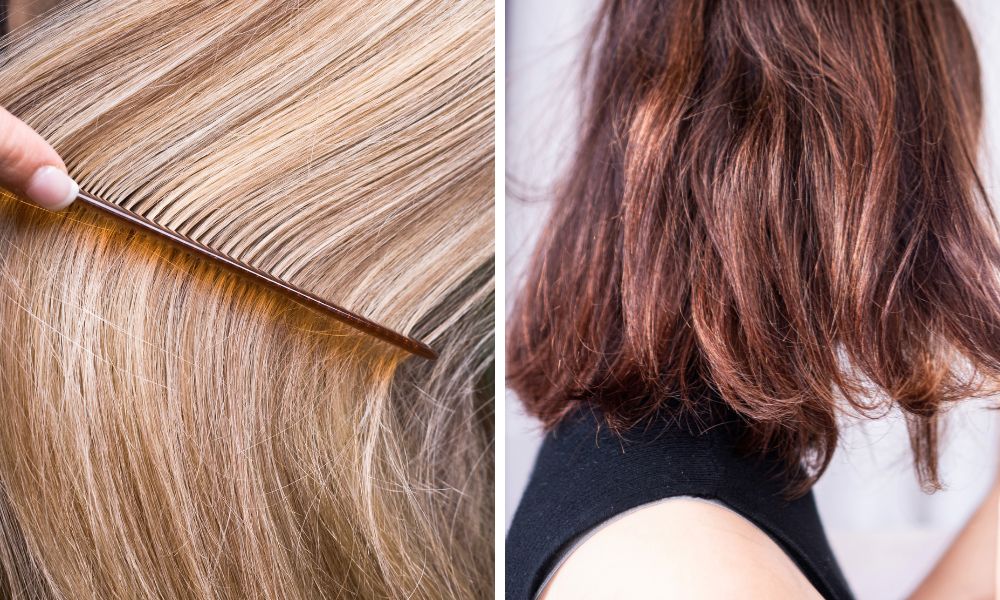
These symptoms not only indicate the condition of the hair but also highlight deficiencies in the overall hair care routine and lifestyle. If signs of dry hair appear, it is important to take action immediately and adjust our hair care routine to restore the hair’s hydration. Proper treatment and product use are key to helping dry hair regain its natural beauty and health.
How to care for dry hair?
Caring for dry hair is essential to restore its softness, elasticity, and natural shine. To address the issue, it’s crucial to establish proper hair care habits and regularly use products specifically designed for dry hair. Let’s take a closer look at how to care for dry hair to keep it healthy and beautiful.
Proper hair washing techniques
Hair washing habits play a key role in maintaining the condition of your hair, especially if you’re dealing with dry hair. The first step is to choose the right products specifically designed for dry hair.
Moisturizing shampoos and conditioners
For dry hair care, sulfate-free shampoos and conditioners are essential as they are gentle on the hair while maintaining its natural moisture balance. Sulfates, commonly found in traditional shampoos, tend to dry out the hair, making their avoidance particularly important. Look for products containing moisturizing ingredients such as argan oil, shea butter, or panthenol.
Reducing the frequency of hair washing
Washing your hair too often can strip it of its natural oils, which are essential for maintaining hydration. Try to reduce washing to two or three times a week, allowing your hair time to regenerate. In between washes, using dry shampoo can help maintain a fresh feel without further drying out your strands.
Deephydrating hair masks
It’s recommended to use an intensive nourishing hair mask once a week, rich in moisturizing ingredients like argan oil, coconut oil, or aloe vera. These masks deeply penetrate the hair structure, restore moisture, and make the strands smooth and soft. Along with a hair care routine, professional salon treatments can also be effective in caring for dry hair.
Hair oils
Natural oils, such as jojoba, castor, or almond oil, are excellent for hydrating the hair. Once or twice a week, massage a few drops of oil into the ends of your hair, or even throughout the entire length, to restore its elasticity and softness. You can also leave the oils on overnight to allow your hair to deeply nourish.
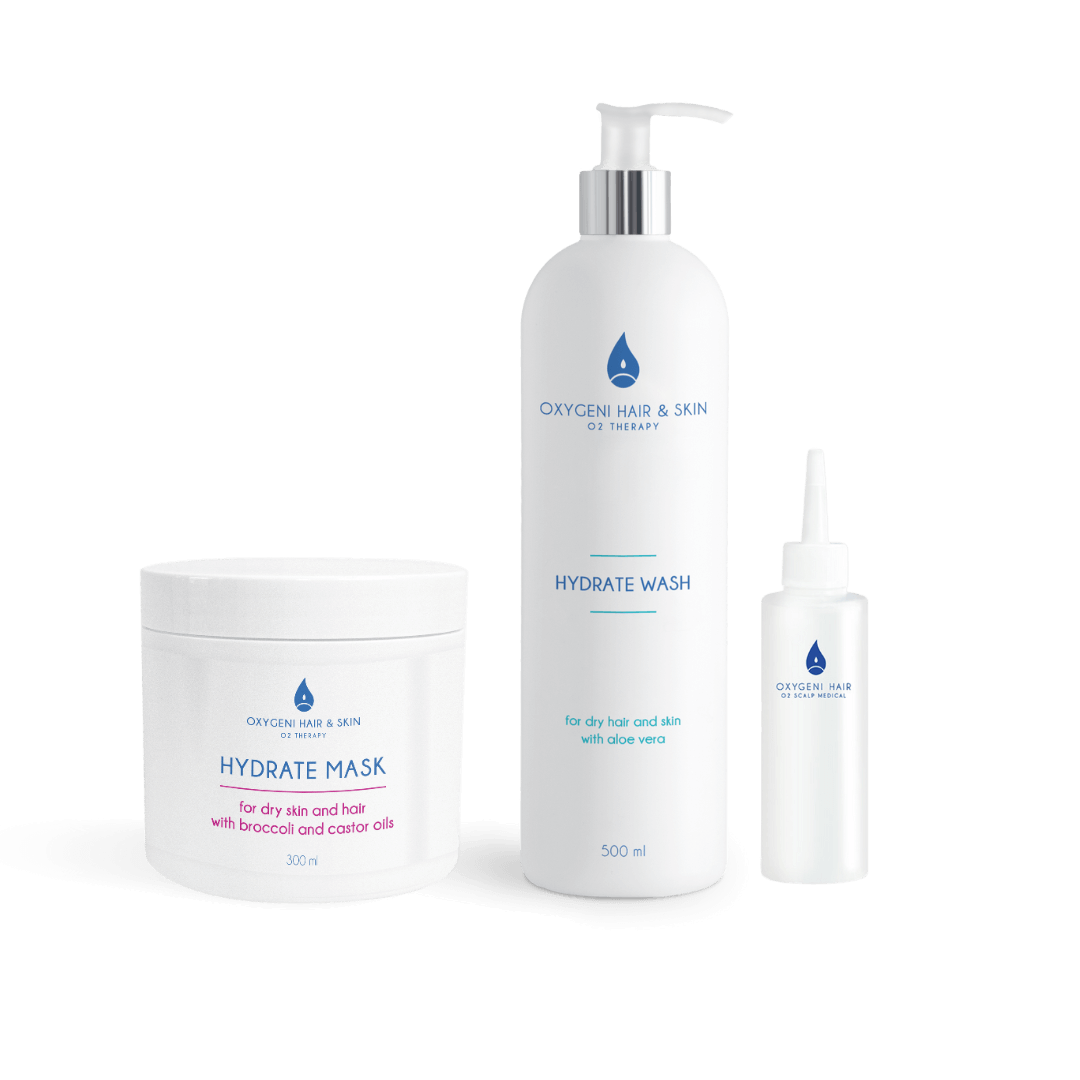
Products for dry scalp and hair
The basic package fro dry scalp and hair is designed for deep hydration, nourishment, and regeneration of the hair and scalp. It helps restore the natural softness and shine of the hair while strengthening and protecting the strands, as well as soothing the scalp. We highly recommend the Hydrate Wash for dry hair, scalp, and skin, as its valuable ingredients have antibacterial and anti-inflammatory properties, while softening and strengthening the skin. The regenerating Hydrate Mask is specifically developed for dry, brittle hair and dry, irritated scalps. It transforms the hair into a silky softness, making it easier to comb while deeply nourishing the strands. The mask's effect can be enhanced by mixing it with H2O Thermal water or Vitamin Serum, allowing the vitamins and minerals to penetrate deeper into the hair and skin.
Regular hair cuts
Split ends of dry hair can be prevented with regular haircuts. It’s recommended to refresh your hair ends every two to three months to remove damaged parts and prevent further splitting. This not only ensures a healthier appearance but also helps maintain the hair length.
Applying heat protectant spray
Hair styling tools like hairdryers, straighteners, and curlers emit heat, which can severely damage hair strands. Before using heat tools, always apply a heat protectant spray that creates a protective layer on the hair, preventing moisture loss. This helps reduce further damage and maintain the health of your hair.
NUTRITION AND HYDRATION FOR HAIR HEALTH
Hair beauty and health require more than just external care. Equally important is supporting the hair’s condition from the inside. Proper nutrition and adequate hydration directly contribute to the strength, elasticity, and shine of the hair.

Leafy green vegetables and superfoods
Spinach, kale, and other leafy greens, rich in iron, vitamin A, and vitamin C, nourish the hair follicles and promote sebum production, which naturally hydrates the hair strands. Avocado, packed with healthy fatty acids, is especially beneficial for maintaining hair elasticity.
Nuts and seeds
Almonds, walnuts, and flaxseeds contain omega-3 fatty acids, vitamin E, and zinc, which contribute to the regeneration of hair strands and help reduce breakage. These nutrients not only improve the health of the hair but also enhance the condition of the scalp, preventing dryness and hair loss.
Salmon and other fatty fish
Salmon, sardines, and mackerel are rich in omega-3 fatty acids, which not only hydrate the hair from within but also promote the development of a healthy scalp. A deficiency in essential fatty acids can often lead to dry and dull hair.
Protein-rich foods
Hair is made up of keratin, which is a protein. Therefore, protein-rich foods such as eggs, chicken, beans, and legumes are essential for strengthening the structure of hair strands and stimulating hair growth.
Daily water intake
One of the main causes of dry hair can be inadequate fluid intake. The hydration of the body directly affects the moisture content of the hair and scalp. The general recommendation is to consume 2-3 liters of water per day to ensure proper hydration. The water content of the hair depends on the overall hydration level of the body, so regular water consumption helps maintain the hair’s natural shine and softness. When the body is dehydrated, the hair strands lose their moisture, leading to dryness and breakage.
Dry Hair and Seasonal Effects
Maintaining healthy hair is greatly influenced by the seasons and weather conditions. Temperature, humidity, sunlight, and factors specific to each season all impact the condition of hair strands. This is especially true for dry hair, which requires different care depending on the season. As the seasons change, our hair is exposed to varying environmental effects that can cause dehydration in different ways.
Due to the cold air and low humidity, hair is more prone to dehydration during the fall and winter months. The dry air caused by outdoor cold and indoor heating strips hair strands of their natural moisture, making them dull, brittle, and lifeless. Cold weather can also weaken the circulation in the scalp, which may lead to slower hair regeneration.
In spring and summer, higher temperatures, UV rays from the sun, and frequent water activities such as swimming in salty seawater or chlorinated pools can also contribute to the dehydration of hair strands. During the summer, proper protection is especially important, as strong sunlight can damage the hair cuticle, leading to dryness and breakage.
Autumn-Winter Hair Care Tips: How to Protect Your Hair in the Cold?
During the autumn-winter period, proper hydration and protection are key to maintaining your hair’s health. Here are some helpful tips:
- Wearing a Hat: The best protection against cold weather is to wear a soft, natural material hat. However, wool or synthetic materials can cause split ends, so it’s better to choose a hat lined with silk or cotton.
- Using a Humidifier at Home: The dry air from heated rooms during winter can be a challenge for your hair. A humidifier can help increase the humidity in the air, reducing moisture loss in your hair. This is beneficial not only for your hair but also for your skin.
- Applying Hydrating Products: During the autumn-winter months, it’s advisable to use extra hydrating shampoos and conditioners to help retain moisture in your hair. Deep hydrating hair masks applied weekly can also be an effective solution.
Summer Hair Care: How to Protect Your Hair from Sun Exposure?
During the hot summer months, the hair is especially vulnerable due to sun exposure and water activities. The following methods can help protect and hydrate your hair:
Using UV-filter hair care products: The harmful UV rays of the sun can damage not only the skin but also the hair. It is recommended to use shampoos, conditioners, or hair sprays that contain built-in UV filters. These help prevent dryness and color fading, especially for colored hair.
Applying hydrating sprays: In the summer, it’s a good idea to keep a lightweight, hydrating spray on hand, which you can spray on your hair anytime during the day. Sprays enriched with argan oil, coconut oil, or aloe vera can be particularly effective.
Protection at the beach: Before swimming, apply a layer of hair oil or conditioner to create a protective barrier against saltwater or chlorine. It is also helpful to wear a scarf or hat to shield your hair from direct sunlight.

The changing seasons are natural, but we should not overlook the condition of our hair. Proper hair care and selecting the right products are crucial in maintaining the health of dry hair, especially against external factors. By introducing a routine tailored to the season, your hair will not only stay hydrated and healthy but also maintain a radiant appearance throughout the year, no matter the season.
WHEN TO CONSULT A PROFESSIONAL?
The issue of dry hair can often be treated with a proper dry hair-care routine, but sometimes more serious signs—such as hair loss or scalp problems—may also appear. In these cases, it’s a good idea to consult a professional who can recommend appropriate treatments based on the condition of your hair and scalp. When the problem of dry hair cannot be resolved with a hair care routine or if the following symptoms occur, it’s advisable to seek professional advice:
Hair loss
If you experience increased hair loss alongside dryness, it could be a sign of a deeper issue, such as hormonal changes or a vitamin deficiency.
Scalp issues
Dry, itchy, flaky, or inflamed scalp often accompanies dry hair issues, and without targeted treatment, the situation can worsen.
Severely damaged hair
Chemical treatments, such as coloring or bleaching, as well as external factors like UV radiation or chlorinated water, can damage the hair structure to such an extent that at-home hair care routines are no longer sufficient.
How can the hair structure regenerating treatment help?
The hair structure regenerating treatment is specifically designed to restore dry, damaged hair. It not only improves the aesthetic appearance of the hair but also provides a healthier foundation for it.
What does the hair structure regenerating treatment offer?
During the treatment, moisturizing and nourishing ingredients penetrate deep into the hair strands, restoring the hair’s moisture content. This is especially important for hair that lacks keratin and is dehydrated, as these conditions make the hair brittle and fragile.
The hair regeneration treatment uses only natural ingredients, making it completely free from harmful chemicals, preservatives, and synthetic additives. This ensures the health of both your hair and scalp.
The treatment is effective for various hair types, including:
Colored, bleached, or chemically damaged hair.
Dull, melanin-lacking, brittle hair.
Curly, hard-to-manage, frizzy hair.
Hair damaged by UV exposure, chlorine, or seawater.
The regenerative treatment not only restores moisture but also helps prevent hair loss. By strengthening the hair strands and improving scalp health, it supports new hair growth and boosts overall volume.
For the best results, it’s recommended to undergo the regenerative treatment at least three times. This allows the hair to receive deep nourishment and ensures long-lasting effects.
RESULTS
Treating dry hair is not a complicated task; it simply requires attention, regular care, and the use of the right products. It is essential to understand your hair’s needs and choose moisturizing shampoos, hair masks, and oils that help restore its natural moisture balance. A healthy diet, adequate hydration, and supplements when necessary also contribute to maintaining hair health.
If dryness is accompanied by more severe issues such as hair loss or scalp problems, it is advisable to seek professional help, as hair structure-restoring treatments can help restore your hair’s health. Don’t forget to consider seasonal external environmental factors to keep your hair radiant, hydrated, and manageable all year round.
The key to treating dry hair is consistency, the use of natural ingredients, and hair care tailored to your needs. With proper attention and care, your hair can become vibrant and beautiful again!
Writer: Dzsenifer Gulyás
OXYGEN THERAPY AND OXYGENI HAIR PRODUCT REVIEWS

